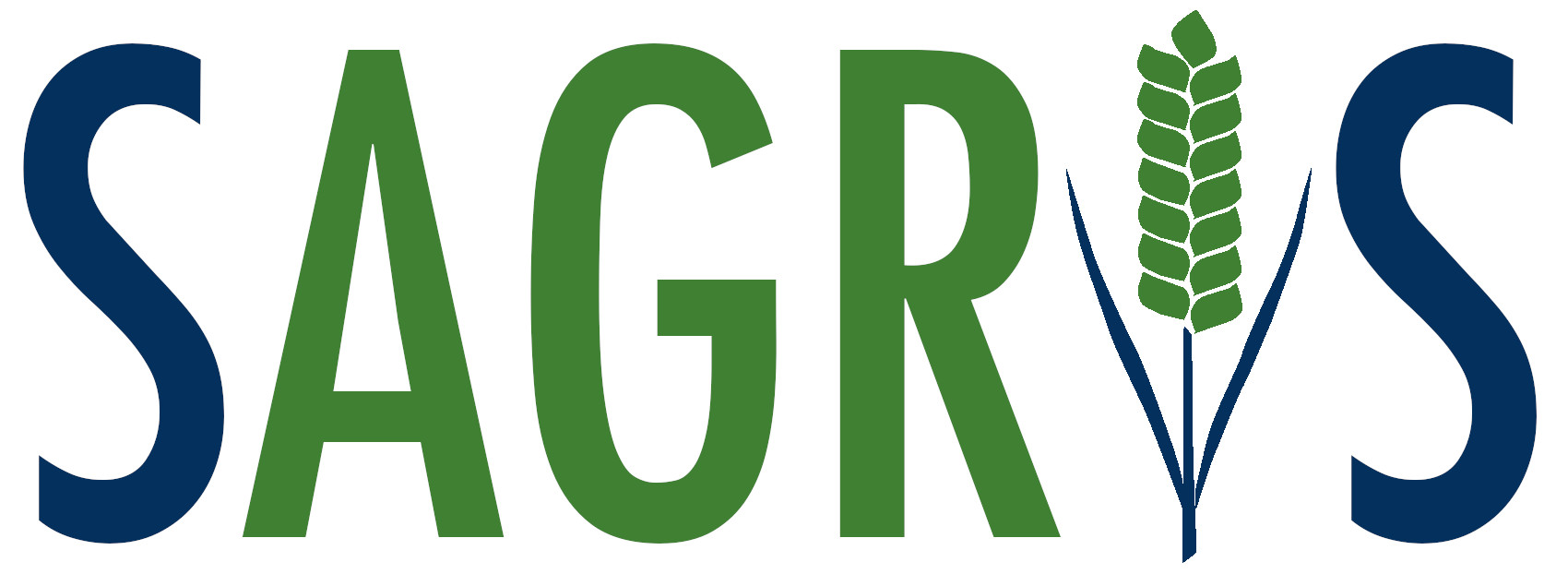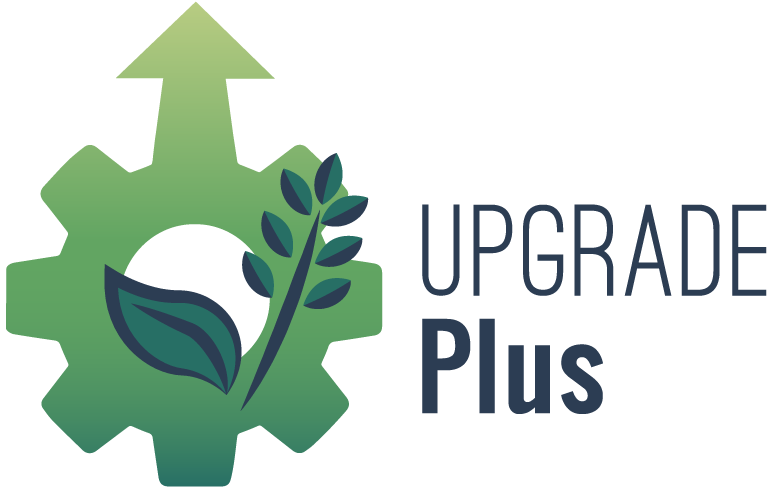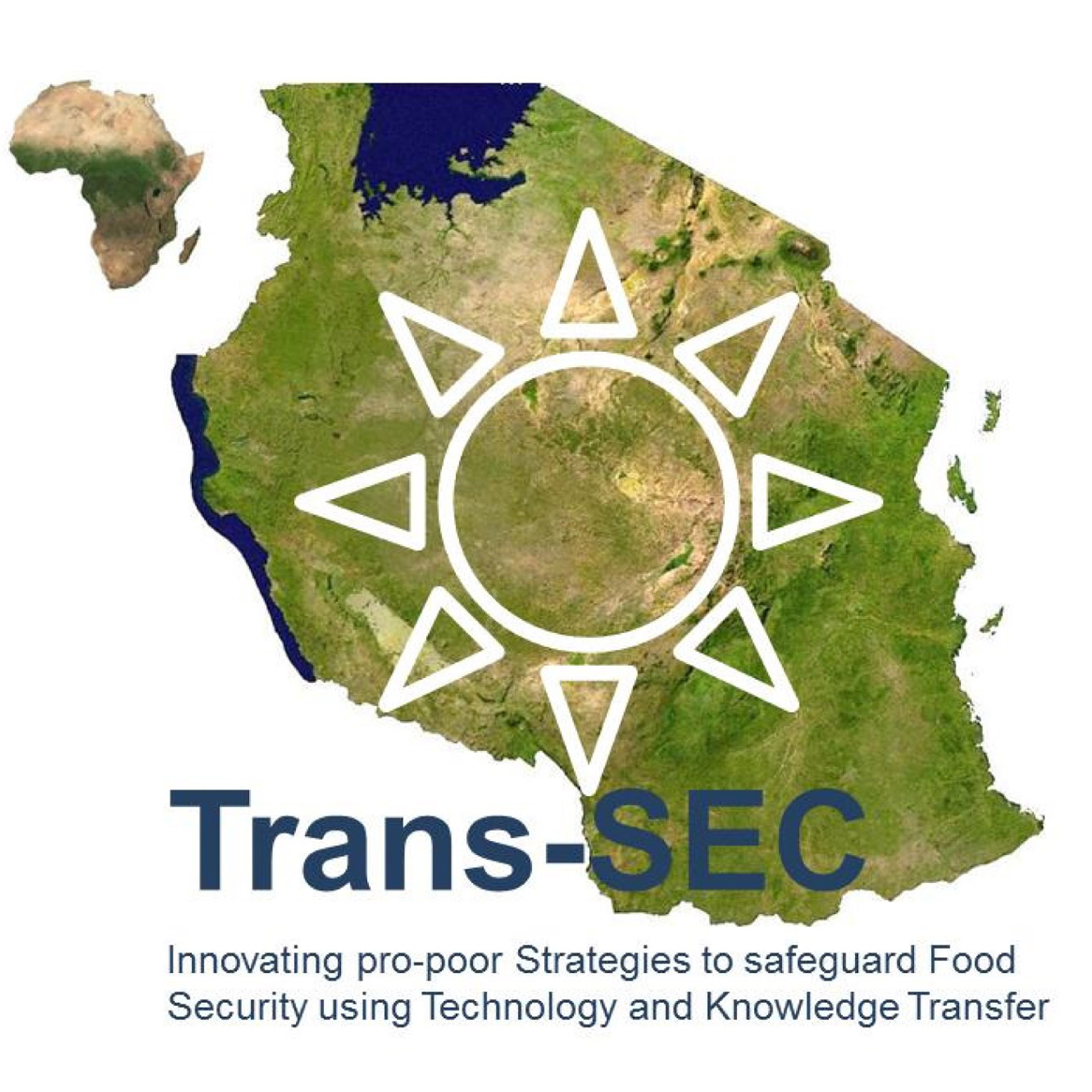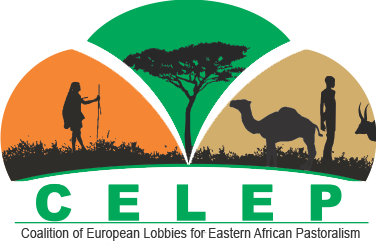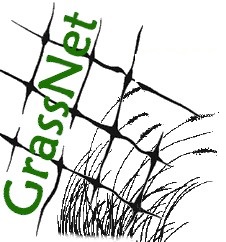Collaborative learning for fostering change in complex social-ecological systems: a transdisciplinary perspective on food and farming systems
Knowledge Management for Development Journal, 10(3), 39–59, http://journal.km4dev.org/index.php/km4dj/issue/view/18This paper aims to conceptualize collaborative learning methodologies used in transdisciplinary research projects dealing with change in complex situations, such as farming and food systems of developing countries. For this purpose we propose a framework for understanding collaborative learning approaches based on theoretical considerations and 18 selected case studies. The cases were assessed that have a clear focus on collaborative learning in the context of farming and food systems of developing countries. We suggest that a ‘collaborative learning’ process includes four steps: (A) establishing a cooperation, (B) dialogue, (C) discovery, and (D) application of new knowledge. The necessity of making the process of actor identification more explicit is highlighted. Furthermore, many projects did not fully conceptualize application of knowledge as part of the research. Trust among the participants was a key to promoting knowledge exchange and mature reflection, and results from a carefully designed and facilitated process. If this was the case, participants perceived that they gained something meaningful, such as new relationships, or new knowledge and skills. Awareness of their role in the process of change was strengthened.






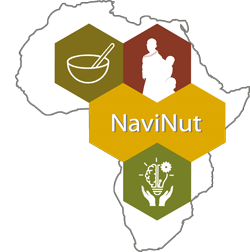 NaviNut
NaviNut